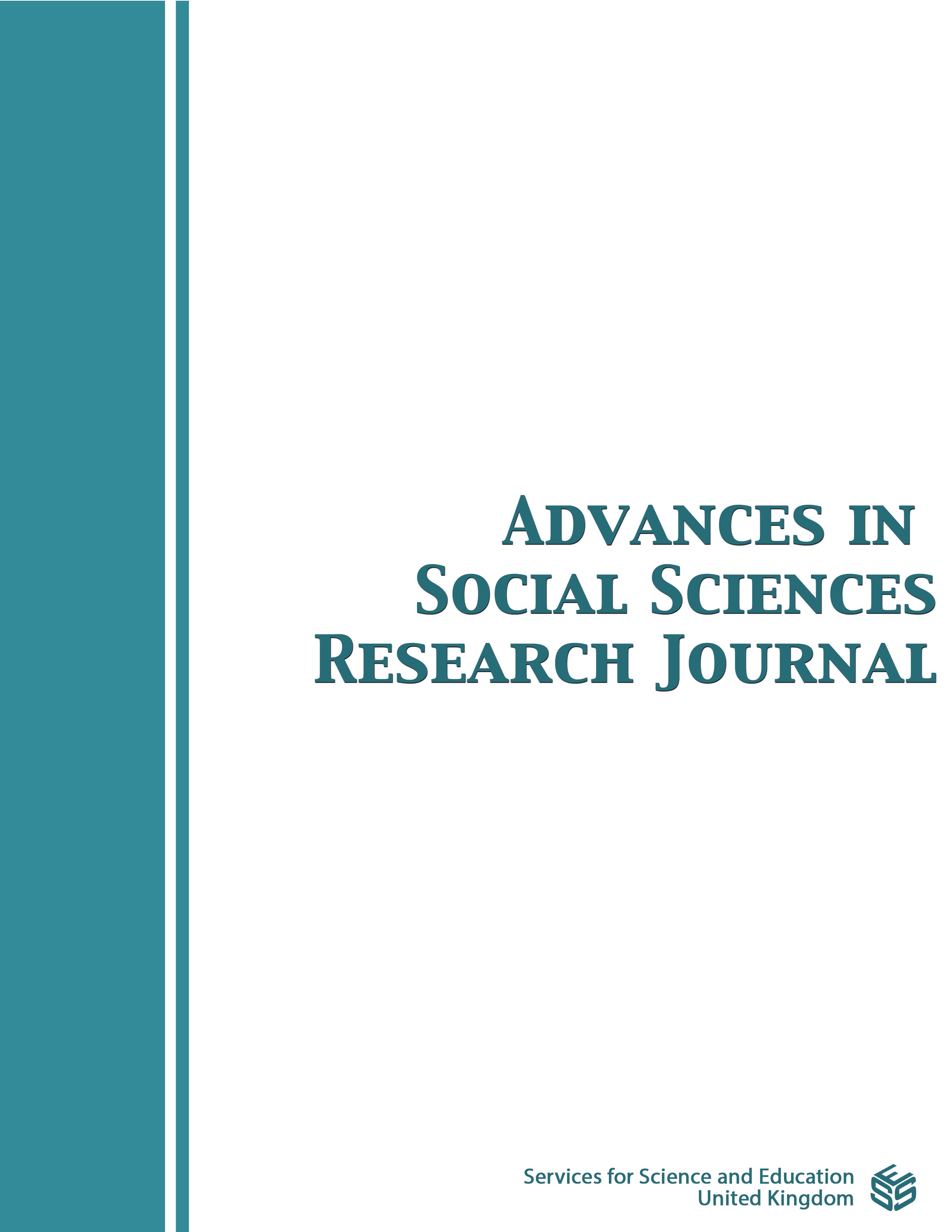Strengthening of Emotional Intelligence and Integrity for Improving Indonesian Educated Workforce Professionalism
DOI:
https://doi.org/10.14738/assrj.109.15402Keywords:
Professionalism, Emotional Intelligence, Integrity, Indonesian Educated WorkforceAbstract
Competition in the global labour market is very sharp so that the quality of educated Indonesian workers who will and are currently working abroad must have superior competitiveness. The purpose of this research is to strengthen emotional intelligence and integrity in order to increase the quality of professionalism of Indonesian educated workers in Denmark. The research method is a quantitative explorative technique using SPSS-IBM 25, the dependent variable is Professionalism (PF), the independent variables are Emotional Intelligence (EI) and Integrity (IG). Case study in Denmark, the target population of the Indonesia Professionals' Association in Denmark has a minimum education of 54 people, the sample purposive quota is 54 respondents. The results of the study: 1) The regression equation PF = -0.142 + 0.426 KE + 0.611 IG; RSq = 0.960; F = 619.039 with Sig = 0.000. 2) Integrity (GI) has the largest and significant regression coefficient. 3) Emotional Intelligence (EI) has the smallest regression coefficient which is smaller than Integrity (IG) but significant. 4) If you ignore Emotional Intelligence (EI) and Integrity (IG), the professional abilities of Indonesian Educated Workers in Denmark are very poor with a constant value of -0.142 on a scale of 5. The contribution of this research is expected to strengthen the image and success of Indonesian educated workers Abroad, in order to support Indonesia's demographic bonus.
Downloads
Published
How to Cite
Issue
Section
License
Copyright (c) 2023 Tjiptogoro Dinarjo Soehari, Iffah Budiningsih, Aslam Salimudin, Arissetyanto Nugroho

This work is licensed under a Creative Commons Attribution 4.0 International License.
Authors wishing to include figures, tables, or text passages that have already been published elsewhere are required to obtain permission from the copyright owner(s) for both the print and online format and to include evidence that such permission has been granted when submitting their papers. Any material received without such evidence will be assumed to originate from the authors.






